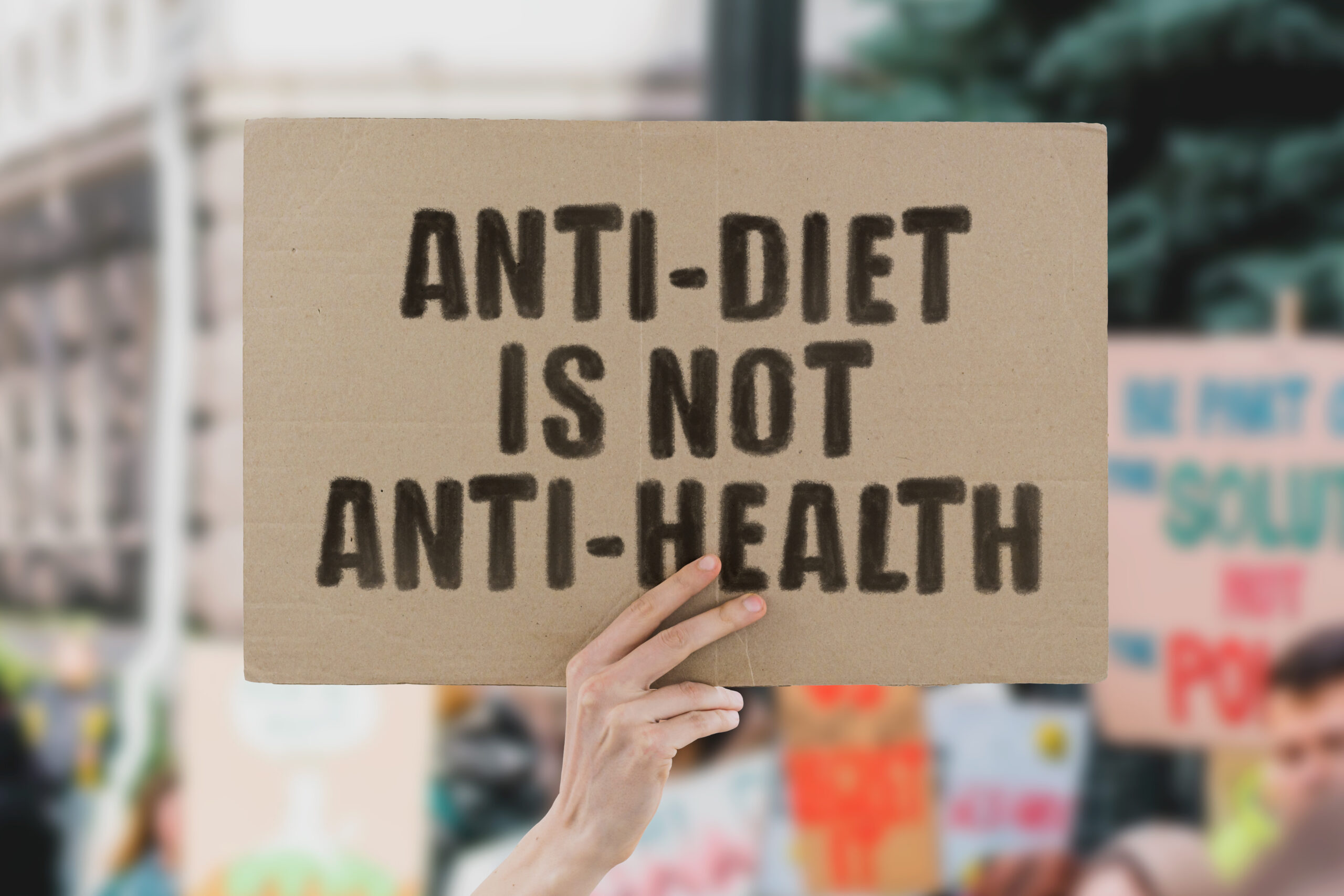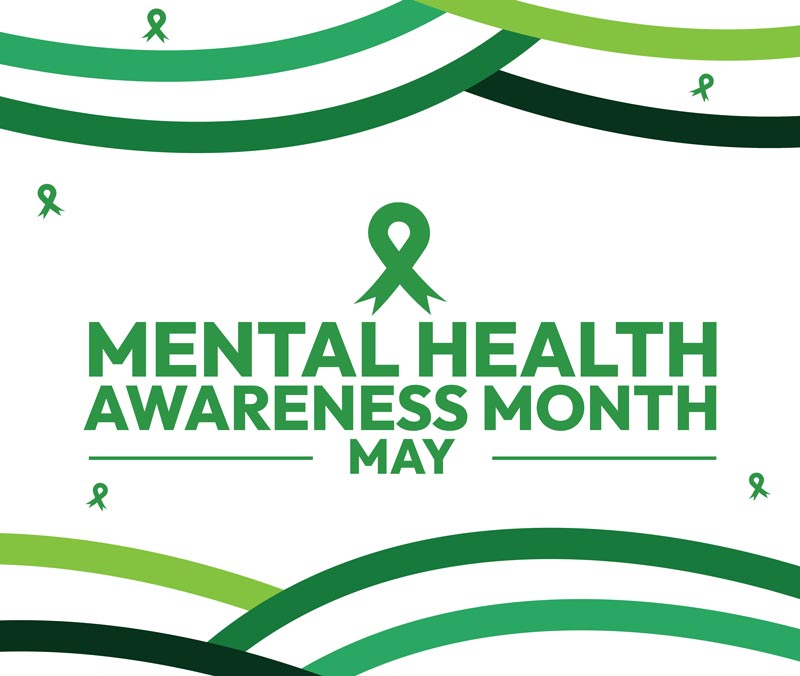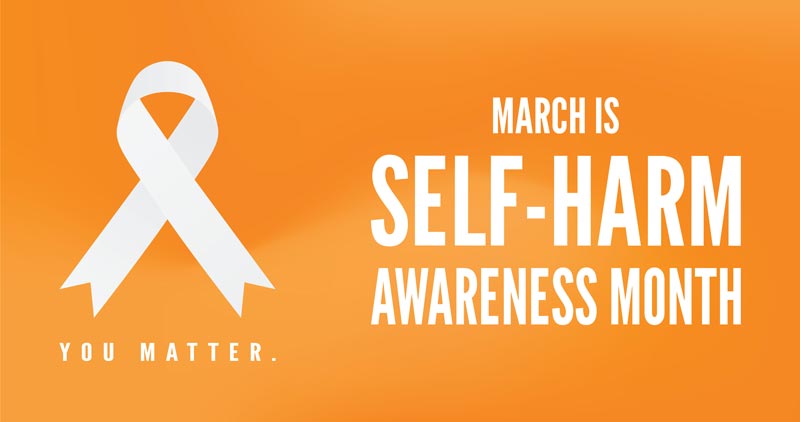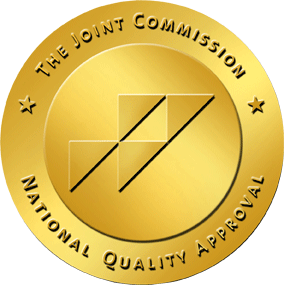By: Dr. Rebecca Hansen
What Is Diet Culture?
Diet culture is everywhere. You can’t watch tv, read a magazine, listen to the radio, or listen to a podcast without seeing or hearing ads for weight loss, workouts, supplements, or quick fixes for healthy lifestyles. As a therapist who works with trauma and eating disorders, I see the impact of diet culture every day.
Anti-diet culture focuses on dismantling our culture’s deeply held beliefs that thinness equals health and moral virtue. Imagine getting messages from everywhere, including medical doctors, saying that to be healthy, you need to lose weight. And you have to obtain this by eating less and exercising more-or by not eating altogether for a certain amount of time throughout the day.
Diet culture plays a significant role in developing eating disorders, body dissatisfaction, fatphobia, and weight stigma. Research suggests that body dissatisfaction is one of the strongest predictors of developing an eating disorder in women (Brown et al., 2020). The same study also indicates that feeling judged about one’s weight can lead to healthcare avoidance, which may be exacerbated by focusing on weight-centric approaches. As a result, people often feel “less than” if they don’t look like the thin ideal of “health.”
But...What Does Diet Culture Look Like?
Diet culture can look like anything from people saying, “you look so great, have you lost weight?” to advertising predominately featuring thin, non-disabled, cisgender individuals in their ads. After many years of diet culture being accepted as the end-all, be-all approach to Western health, people are beginning to ask questions.
The Anti-Diet Culture
Anti-diet culture includes challenging the oppressive system created by the culture of dieting and thinness. It does not mean anti-health, which is an important distinction. It means using evidence-based, diet-free interventions to embrace a diet-free lifestyle. Social media, while accused of distorting reality in terms of body image and promoting the thin ideal, is gaining momentum as people post more anti-diet and fat-positive content.
Some steps you can take to move toward eliminating diet culture include:
– limit fat talk
– try not to edit photos you are posting
– recognize and accept that thinness does not equal health
– support companies who use all body shapes and sizes to represent their products
– unfollow toxic accounts focused on diet-culture
What Else Can I do To Challenge Diet Culture?
Ask questions. Start discussions. Find providers who support an anti-diet culture and approach. As a trauma and eating disorder therapist, I hope to promote dialogue and challenge the toxic diet culture in which I’ve seen many individuals negatively impacted. We have a collective responsibility to reorient how we think about and promote health while challenging the system and structure of mental and physical health. We must address our feelings about fat and the weight-biased beliefs we may hold. As a result, we will begin to address the ideals that may have harmed many individuals and start to work toward providing a safe, accepting space for everyone.
Dr. Rebecca Hansen is an expert on eating disorders and has extensive experience in the field. As a team member at Skyway, she has worked tirelessly to combat assumptions about body image, size and health.




